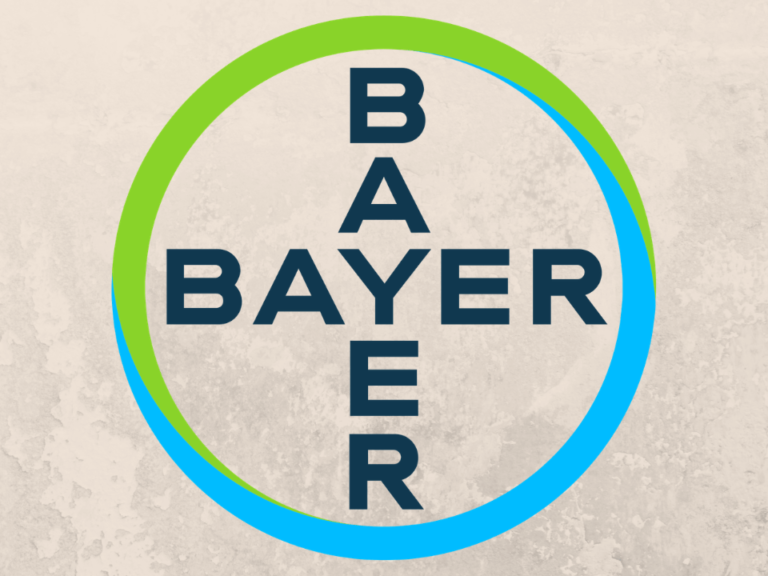Axicabtagene ciloleucel, commonly known as axi-cel, is an immunotherapy that uses modified T cells to target and destroy cancer cells. Approved for patients who have not responded to at least two prior lines of therapy, axicabtagene ciloleucel has been a game-changer in treating large B-cell lymphoma.
While initial studies demonstrated promising short-term results, long-term survivorship data has been scarce. However, a study published in the Journal of Clinical Oncology provides that crucial long-term perspective.
The study, led by Moffitt Cancer Center in conjunction with a consortium of 16 other U.S. academic cancer centers, followed 275 patients who received axicabtagene ciloleucel therapy, tracking their progress over a median period of 58 months. The results demonstrated that 29% of patients experienced progression-free survival at five years, and 40% achieved overall survival at the same milestone. The five-year lymphoma-specific survival rate was 53%, indicating that many patients remained cancer free. These findings align with earlier clinical trials, highlighting the real-world effectiveness of axi-cel.
“Our research shows that axi-cel can provide durable, long-lasting responses in a substantial portion of patients with relapsed or refractory large B-cell lymphoma,” first author Michael Jain, associate member of the Blood and Marrow Transplant and Cellular Immunotherapy Department at Moffitt, said in a statement. “This is noteworthy given the limited options available for these patients previously.”
However, the study also identified important survivorship issues. The five-year non-relapse mortality rate was 16.2%, with over half of these deaths occurring beyond two years post-treatment. The primary causes of late non-relapse mortality were infections and subsequent malignant neoplasms, such as therapy-related myeloid neoplasms and solid tumors. Notably, patients over 60 had a higher risk of non-relapse mortality compared to their younger counterparts.
“While axi-cel is a powerful therapy, our findings underscore the need for ongoing monitoring and supportive care, particularly for older patients,” Jain said. “Infections and secondary cancers are significant challenges that must be addressed to improve overall patient outcomes.”
The study’s comprehensive analysis of immune reconstitution and infection rates provides valuable insights for future patient care strategies. Between six months and two years post-treatment, nearly a quarter of patients experienced infections, with severe cases requiring hospitalization or intravenous antibiotics. Additionally, prolonged neutropenia and other cytopenias were common, further contributing to the risk of infections.
“This study highlights the importance of personalized follow-up care and proactive management of potential complications. Our goal is to enhance patients’ long-term quality of life receiving CAR T-cell therapies,” Jain said.







